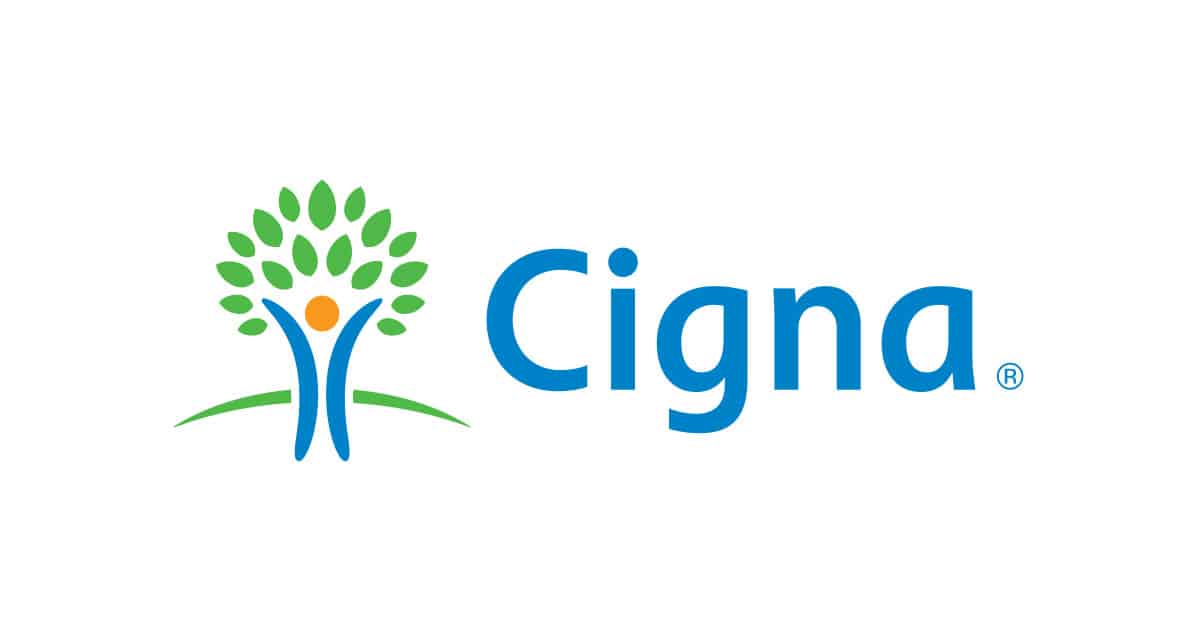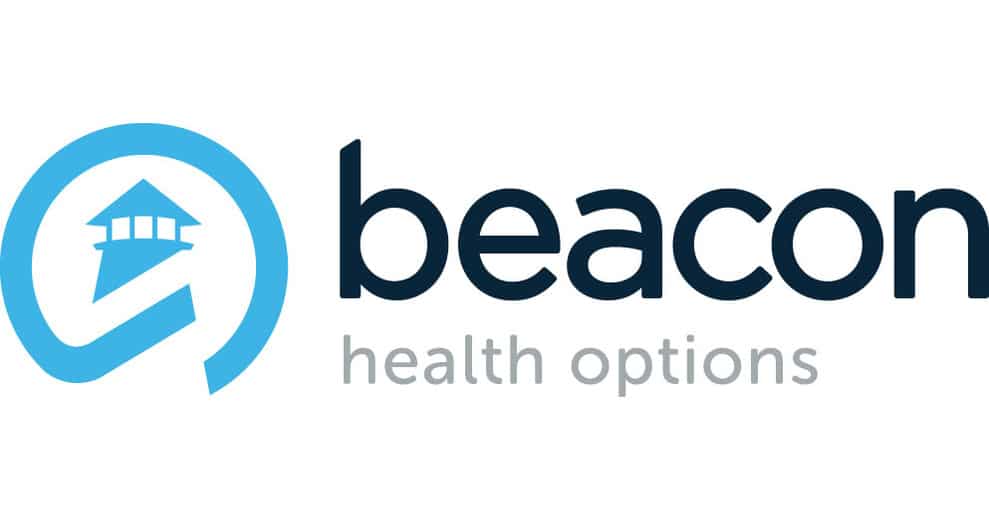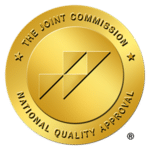Table of Contents
For individuals struggling with marijuana addiction, West Georgia Wellness Center offers comprehensive and evidence-based marijuana addiction treatment in Atlanta, GA . Our team of experienced professionals provides a range of services, including individual and group therapy, medication-assisted treatment, and holistic therapies like yoga and meditation. With a focus on whole-person wellness, our program is designed to address the physical, emotional, and spiritual needs of each individual, helping them overcome addiction and achieve a fulfilling, healthy life.
Is Marijuana Legal in Georgia?
As of now, the use of marijuana in the state of Georgia is illegal. Being arrested for possession can lead to a charge of a misdemeanor for personal usage or a felony for sales or intent to distribute. Access to medical marijuana for certain conditions is legal in the state.
What is Marijuana Addiction?
Marijuana ranks as the third most prevalent addictive substance in the U.S., following alcohol and tobacco. Roughly 30% of marijuana users might develop a cannabis use disorder. This risk rises if the individual started consuming the drug before turning 18.
Individuals with a marijuana use disorder continue to consume it even after witnessing adverse impacts on their physical, mental, social, legal, or financial well-being. Like with other substances, combatting marijuana addiction without professional aid can be formidable.
What is THC and its Effects?
THC stands as the primary psychoactive component in marijuana, binding directly to cannabinoid receptors in the brain. This connection triggers the characteristic effects most people associate with marijuana. THC influences aspects such as short-term memory, attention span, motor skills, time perception, and emotional responses. The potential for addiction escalates with increased THC levels.
When THC stimulates the endocannabinoid system, it can lead to:
- Mood alterations
- Distorted perceptions
- Impaired cognitive functions
- Challenges in memory retention
- Disruption in motor coordination
- Reduced hunger
Is Marijuana a Gateway Drug?
The correlation is intricate. While most marijuana users don’t progress to other substance addictions, those who indulge in other substances often commence with marijuana, alcohol, or tobacco. Studies imply that early exposure to marijuana might increase susceptibility to other addictions in the future.
Is Marijuana Truly Addictive?
Initiating as a casual marijuana consumer can lead some individuals down the path of addiction. This trajectory resembles how certain individuals might consume alcohol or prescription drugs without facing any complications. However, this often leads to an underestimation of marijuana’s addictive potential. A subset of users might find themselves reliant on marijuana, experiencing withdrawal symptoms, primarily psychological or emotional, such as mood swings, depression, and anxiety, upon discontinuation.
Approximately 30% of habitual marijuana users may encounter a marijuana use disorder, implying that they struggle to refrain from the drug independently due to the overpowering withdrawal symptoms. The risk of addiction escalates for those introduced to marijuana at a younger age. Notably, individuals who start using marijuana before the age of 18 are about four to seven times more susceptible to developing an addiction. Regardless of whether one has a mere dependence or a full-scale addiction, they could significantly benefit from a structured marijuana addiction treatment regimen.
Signs and Symptoms of Marijuana Addiction in Atlanta
When someone faces challenges with marijuana use, certain indicators become evident, such as:
- Excessive marijuana consumption than initially intended.
- Repeated failed efforts to decrease marijuana use.
- Excessive time spent in obtaining, using, or recovering from marijuana.
- Experiencing cravings.
- Marijuana disrupting obligations at work, school, or home.
- Ongoing use of marijuana despite evident complications.
- Abandoning activities due to marijuana use.
- Consuming marijuana under hazardous circumstances.
- An escalating requirement for marijuana for the same effects.
- Experiencing withdrawal symptoms when not using marijuana.
If you or a loved on is struggling with marijuana addiction, call us today to begin your marijuana addiction treatment in Atlanta.
Potential Side Effects of Marijuana
Marijuana can produce various side effects, which differ from person to person. Due to the variations in potency, the effects can be unpredictable. Notably, in Atlanta, where marijuana might not undergo rigorous testing, the risks can be higher. Potential side effects include:
- Dizziness
- Nausea
- Rapid heartbeat
- Blood pressure variations
- Dry mouth
- Tremors
- Coordination issues
- Increased appetite
- Sedation
- Euphoria
- Impaired judgment among others.
Chronic use can lead to significant health issues like lung conditions (emphysema and asthma) and can impair cognitive abilities. There’s also a risk of exacerbating mental health issues like schizophrenia.
Causes and Risk Factors for Marijuana Abuse
The exact causes for marijuana use and abuse remain complex and multifaceted, but several key factors are commonly recognized:
- Genetic Factors: Individuals with a familial history of substance abuse or addiction have a heightened probability of experimenting with or becoming dependent on marijuana. The prevalence of addiction within genetically related individuals suggests an inheritable predisposition to substance use, including marijuana.
- Physical Factors: Scientific studies highlight the presence of cannabinoid receptors, or CBRS, in the brain, particularly in regions associated with memory formation, concentration, coordination, sensory perception, and decision-making. Marijuana use can affect these receptors, inducing the symptoms commonly seen when one is under the influence.
- Environmental Triggers: Early exposure to marijuana in one’s environment can increase the likelihood of its usage or abuse later in life. The younger this exposure, the higher the risk.
Risk Contributors:
- A family background of substance addiction.
- Existing mental health disorders.
- Ready access to marijuana.
- Early introduction to marijuana.
- Peer influences.
- Inadequate coping mechanisms.
Marijuana Withdrawal
Consistent marijuana usage can result in physical dependence. If usage stops abruptly, withdrawal symptoms might emerge. Approximately one-third of habitual marijuana users will, at some point, face withdrawal symptoms.
The symptoms generally kick in one to three days post the last use, peaking within a week, and persisting for up to two weeks. However, certain symptoms, like sleep disturbances, can prolong up to a month.
How Long Does Marijuana Stay in Your System
The remnants of marijuana remain detectable in your system based on the frequency of use and the testing method. Common tests include:
- Urine: Detectable up to 10 days for weekly users and up to 30 days for daily users.
- Hair: Detectable for up to three months, given consistent use.
- Saliva: Remains detectable up to 24 hours post the last use.
- Blood: Traces are present for several hours post the last use.
Is Detox Necessary for Marijuana Addiction?
When one thinks of detox, often hard drugs or alcohol come to mind. Yet, detoxification is equally vital for individuals starting their journey away from marijuana dependency. Detox offers both medical and emotional backing to those taking their first steps towards a life without marijuana. Through this process, withdrawal symptoms are managed and alleviated, ensuring a smoother initial phase of recovery. Additionally, the structured environment of detox boosts commitment, reducing the likelihood of a person returning to marijuana use in the early stages of their recovery journey.
Our Approach to Marijuana Addiction Treatment
At West Georgia Wellness Center, our treatment for marijuana addiction is a blend of diverse therapeutic techniques tailored to meet individual needs. Through a comprehensive assessment, we determine the most effective therapeutic approaches for each individual. Our range of therapeutic offerings includes:
- Individual Therapy
- Group Therapy
- Trauma Therapy
- Cognitive Behavioral Therapy (CBT)
- Dialectical Behavior Therapy (DBT)
- Red Light Therapy
- Neurofeedback Therapy
- Biosound Therapy
- Family Therapy
- Holistic Therapy
- Medication-Assisted Treatment
- Genetic Testing
- Psychiatry
- Experiential Therapy
Our therapeutic sessions are facilitated by certified professionals adept in addressing addiction complexities. With a commitment to confidentiality and empathy, our aim is to equip individuals with the tools to avoid relapses and embrace a life free from substance reliance.
A comprehensive approach that addresses physical, emotional, and spiritual health is often the most effective. Our team of experienced professionals at our marijuana rehab in Atlanta works closely with each individual to develop a customized treatment plan that meets their unique needs and circumstances. Our goal is to help individuals achieve lasting recovery and improved quality of life.
How Long Does Marijuana Addiction Treatment in Atlanta Last?
The length of marijuana addiction treatment in Atlanta may vary depending on the individual’s needs and progress in treatment. Some programs may last a few weeks, while others may be longer-term. Generally, it is recommended that individuals engage in treatment for at least three months to achieve optimal results. However, ongoing support and aftercare may be necessary for lasting recovery.
At our marijuana rehab in Atlanta, we provide ongoing support and aftercare to help individuals maintain recovery and achieve lasting success. Our team works closely with each individual to develop a customized aftercare plan that addresses their unique needs and circumstances. We believe that ongoing support and care are essential for individuals to maintain sobriety and build a fulfilling life in recovery.
Seeking Marijuana Addiction Treatment in Atlanta
If you or someone you know is grappling with marijuana addiction in Atlanta, West Georgia Wellness is equipped to offer specialized marijuana addiction treatment. We focus on providing a comprehensive approach to help individuals regain control and lead a healthy life.
Our dedicated team of professionals works closely with each individual to develop a personalized treatment plan that addresses their unique needs and circumstances. With the right support and treatment, lasting recovery from marijuana addiction is possible. Take the first step towards a brighter future by reaching out to our marijuana addiction treatment in Atlanta now.
Marijuana Rehab Frequently Asked Questions
Is Marijuana Addictive?
Yes, marijuana can be addictive, leading to dependence and withdrawal symptoms in some users.
What are the Signs of Marijuana Addiction?
Signs include increased tolerance, withdrawal symptoms like irritability and insomnia, using more than intended, unsuccessful attempts to quit, and continued use despite negative consequences. Treatment involves behavioral therapies, counseling, and support groups to address the psychological aspects of addiction and develop coping strategies.
Can Marijuana Addiction Lead to Mental Health Issues?
Yes, chronic marijuana use can exacerbate or contribute to mental health issues like anxiety, depression, and in some cases, psychosis. Rehab focuses on treating both addiction and co-occurring mental health disorders through a combination of therapy, counseling, and sometimes medication.
How Does Marijuana Rehab Address Withdrawal Symptoms?
Marijuana rehab manages withdrawal symptoms, which can include irritability, sleep disturbances, decreased appetite, restlessness, and cravings. Treatment typically involves behavioral therapy, counseling, and support groups, along with strategies to manage discomfort and prevent relapse.
Is Marijuana Addiction as Serious as Other Drug Addictions?
While often perceived as less serious, marijuana addiction can significantly impact one’s life, leading to relationship problems, financial issues, and health concerns. Rehab addresses these issues through comprehensive therapy and support systems.
What Therapies are Effective in Marijuana Rehab?
Cognitive-behavioral therapy, motivational interviewing, and contingency management are effective in treating marijuana addiction. These therapies help change behavior, enhance motivation, and reinforce positive life choices.
How Long Does Marijuana Rehab Typically Last?
The duration varies depending on the individual’s needs, ranging from a few weeks to several months. Long-term follow-up and support are crucial for maintaining sobriety.
How Long Does Marijuana Stay in Your System?
Marijuana can be detected in urine for up to 30 days after use.














